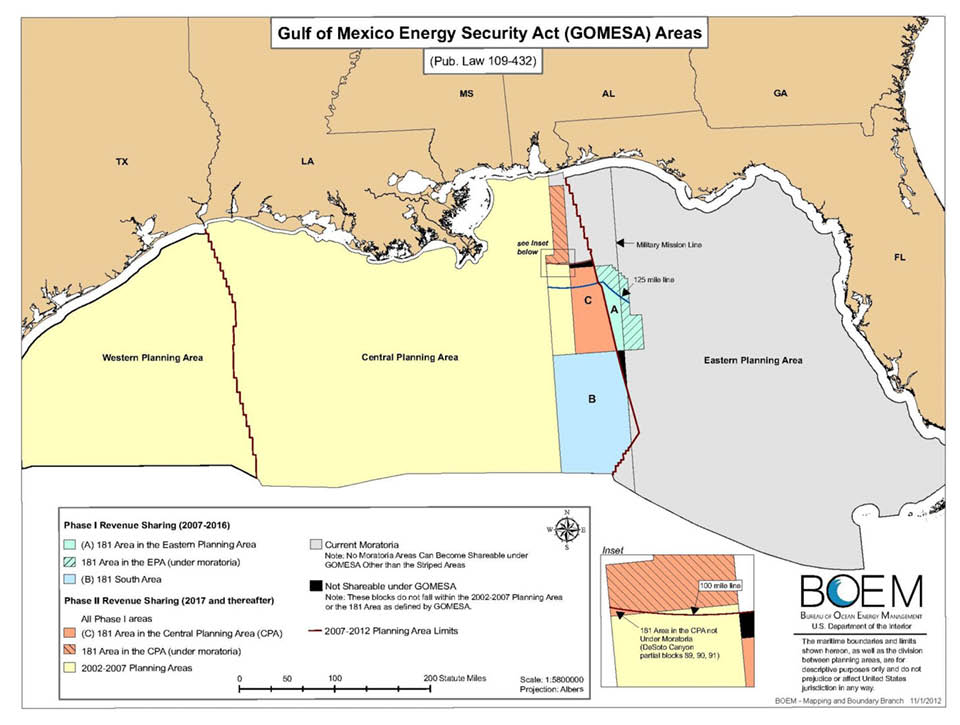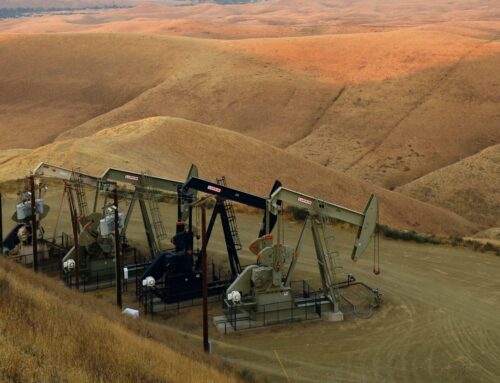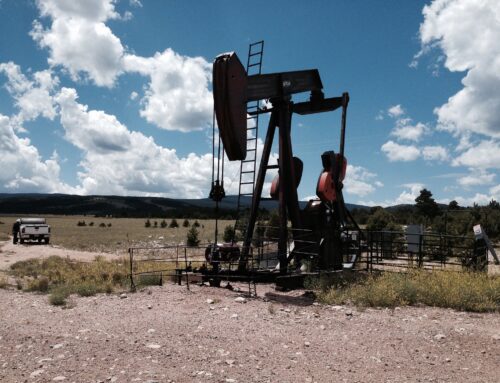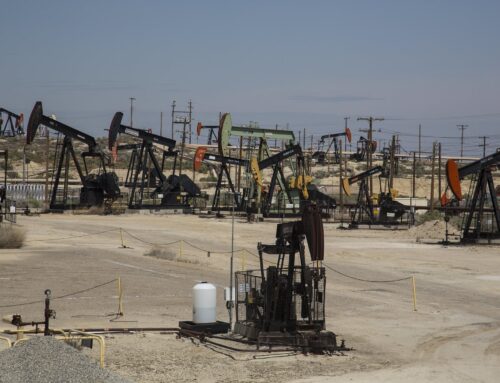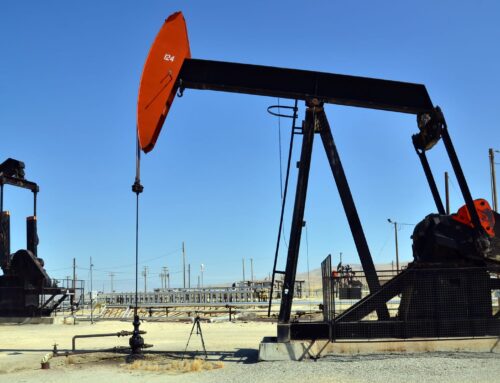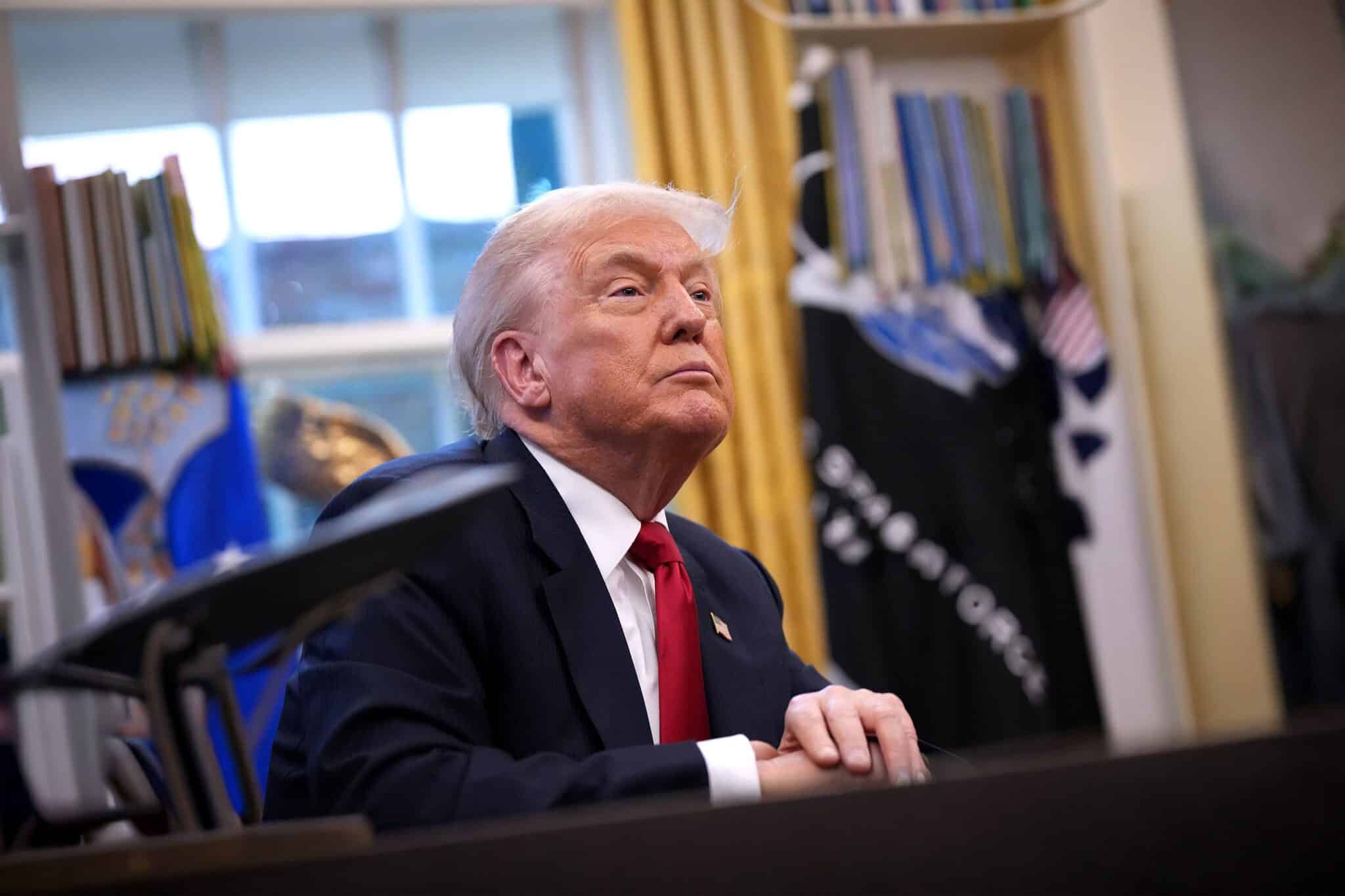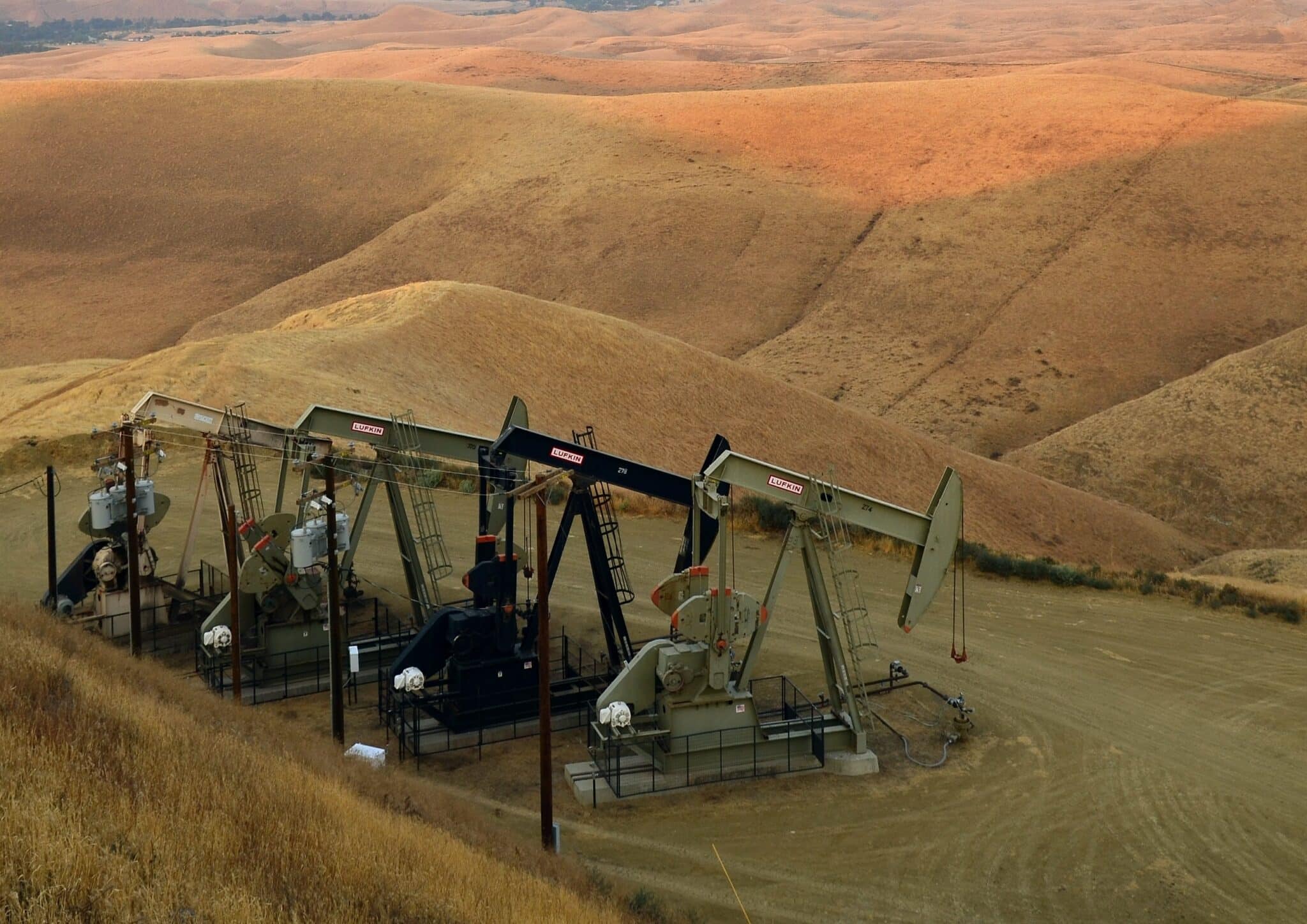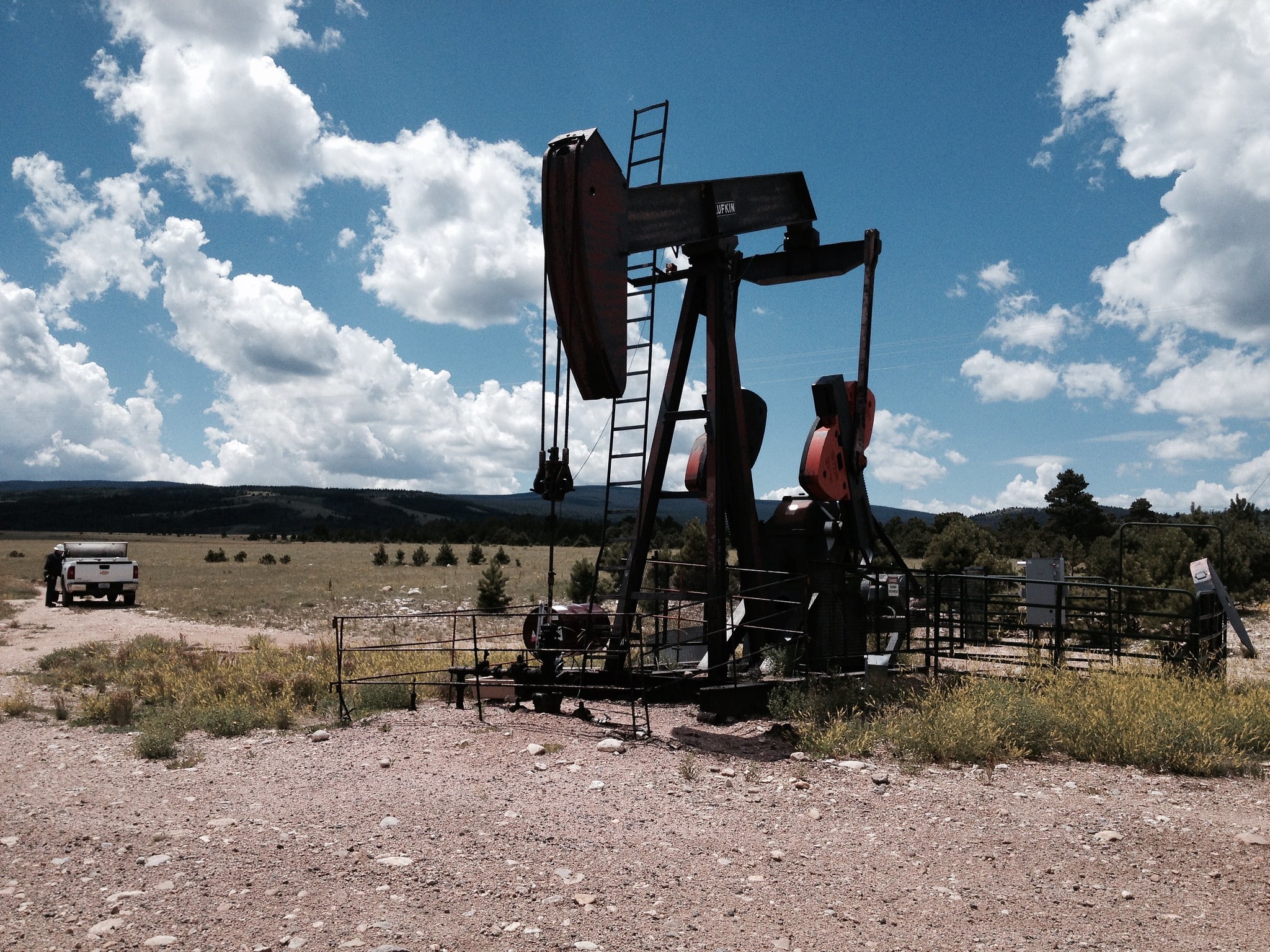Notably absent from this year’s budget request is a proposal to get rid of revenue sharing provisions in the Gulf of Mexico Energy Security Act of 2006, or GOMESA. Both President Trump’s fiscal year 2018 (FY18) request and President Obama’s FY17 request proposed to stop diverting revenue generated from oil and gas leases in federal waters to states – a rare area of agreement. The FY18 budget wasn’t shy about it either, the Department of the Interior stated it wanted to repeal the GOMESA provisions “…to ensure the sale of public resources from Federal waters owned by all Americans, benefit all Americans.” The proposal would’ve recouped $3.5 billion in federal receipts over 10 years. But that language is gone in the President’s FY19 budget this year.
GOMESA dramatically altered the offshore revenue sharing provisions for oil and gas drilling in federal waters between Alabama, Louisiana, Mississippi, and Texas, and the federal government. That is, it allowed these states to claim a piece of the pie of all revenue – bonus bids, rental fees, and production royalties – generated from certain oil and gas leases on the Outer Continental Shelf, i.e. in federal waters. Specifically, the four states receive 37.5 percent of that revenue, while the Land and Water Conservation Fund (LWCF) receives 12.5 percent. GOMESA revenue directed to the federal LWCF is in turn used for state grants that fund the acquisition or development of recreational spaces.
Starting in 2018, the revenue sharing provisions balloon and federal taxpayers stand to lose billions more because of GOMESA. The percentage of revenue directed to the states remains the same at 37.5 percent, but the number of leases that qualify for GOMESA revenue sharing increases sharply. The amount of revenue redirected to the four states depends on the amount of production and the market price for oil and gas, but total payments were capped in GOMESA at $500 million/year until FY2055. A small little provision in the 2017 tax act package offered by Sen. Cassidy (R-LA), no surprise, increased the caps to $650 million in both FY20 and FY21, potentially increasing taxpayer losses. In total, GOMESA payments are projected to cost taxpayers more than $2 billion over the next six years.

